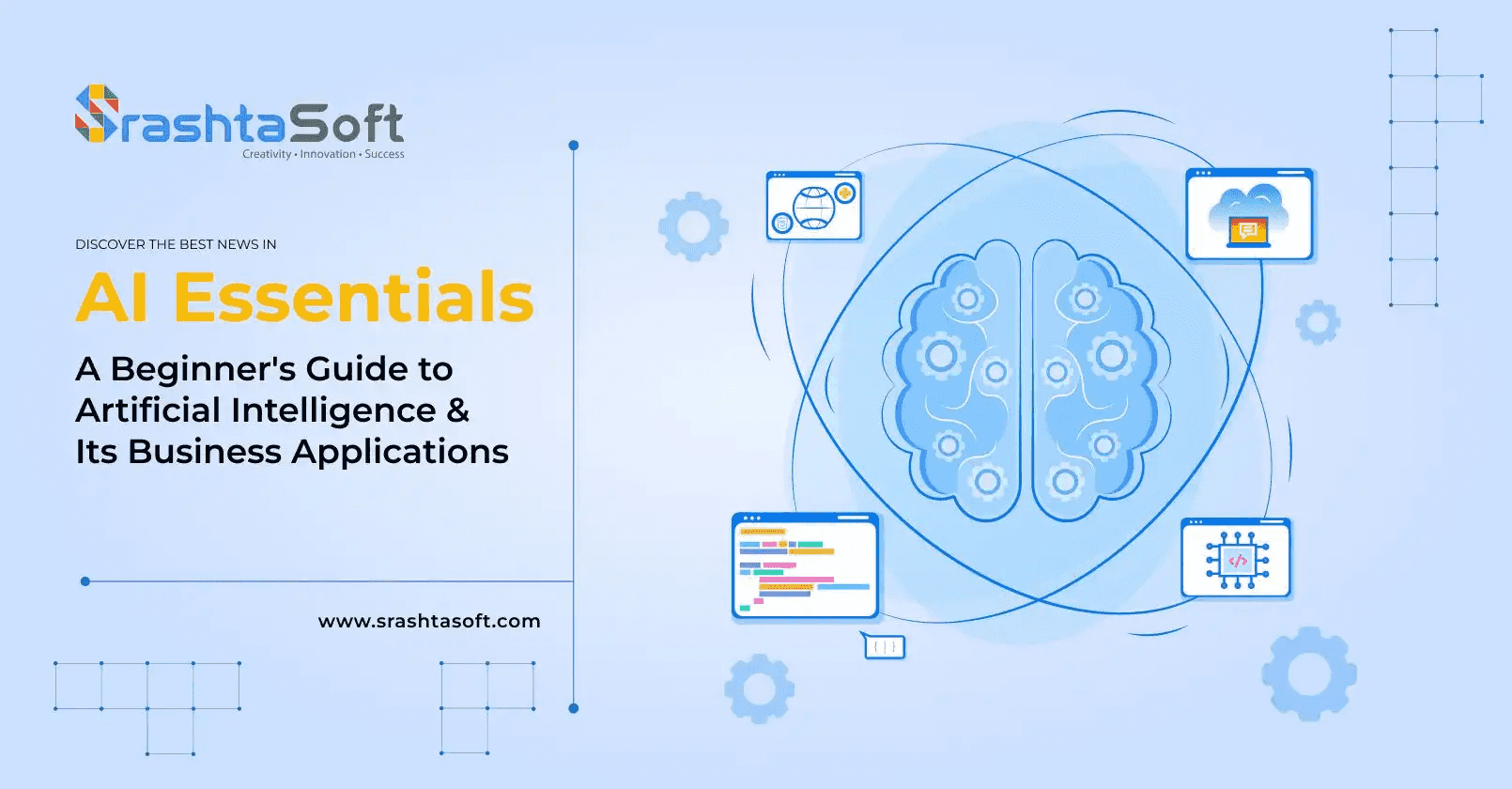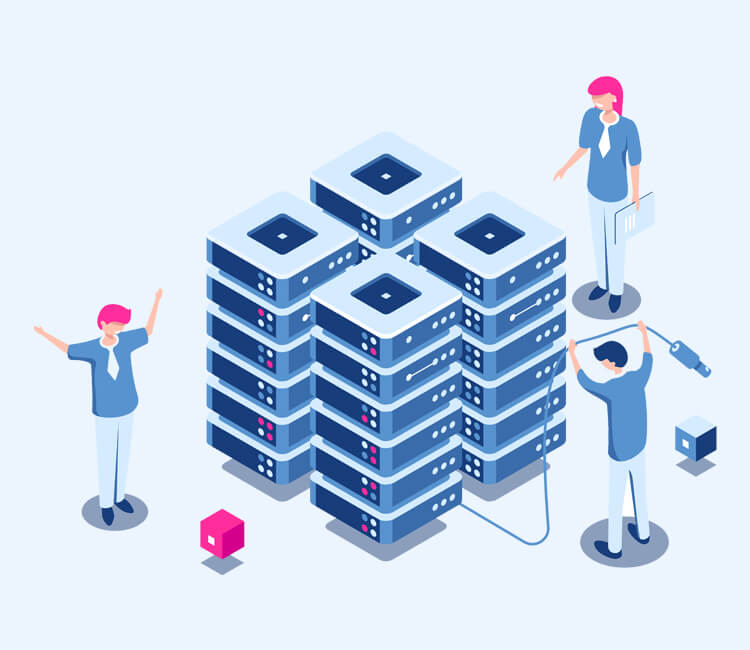What is Artificial Intelligence?
Artificial Intelligence (AI) refers to the simulation of human intelligence processes by machines, especially computer systems. These processes include learning (acquiring information and rules for using it), reasoning (using rules to reach approximate or definite conclusions), and self-correction. AI enables machines to perform tasks that typically require human intelligence, such as visual perception, speech recognition, decision-making, and language translation.
Types of Artificial Intelligence
AI can be categorized based on its capabilities and functionalities:
Based on Capabilities:
-
Narrow AI (Weak AI): Designed to perform a narrow task (e.g., facial recognition or internet searches). Most current AI applications fall into this category.
-
General AI (Strong AI): An AI system with generalized human cognitive abilities, meaning it can perform any intellectual task that a human can do. This type remains theoretical and is a subject of ongoing research.
-
Superintelligent AI: An AI that surpasses human intelligence across all fields. This is a hypothetical concept and is not yet realized.
Based on Functionalities:
-
Reactive Machines: These AI systems do not store memories or past experiences to influence current decisions. They respond to specific inputs with programmed responses.
-
Limited Memory: These systems can use past experiences to inform future decisions. Most current AI applications, like self-driving cars, fall into this category.
-
Theory of Mind: This type of AI is still in development and aims to understand human emotions, beliefs, and thought processes.IBM
-
Self-Aware AI: An advanced form of AI that possesses self-awareness and consciousness. This type remains theoretical and is a topic of future research. IBM
The Future of AI
The future of AI is poised to bring transformative changes across various sectors. Advancements in AI are expected to lead to more personalized healthcare, efficient transportation systems, and enhanced customer experiences. However, as AI becomes more integrated into our daily lives, ethical considerations, job displacement concerns, and the need for robust regulatory frameworks will become increasingly important. Experts predict that AI will not only augment human capabilities but also create new industries and job opportunities that we can't yet envision.
Use Cases of AI
AI is being utilized across various industries to enhance efficiency and innovation:
-
Healthcare: AI algorithms assist in diagnosing diseases, personalizing treatment plans, and managing patient data.
-
Finance: AI is used for fraud detection, risk assessment, and algorithmic trading.
-
Retail: Personalized shopping experiences, inventory management, and customer service chatbots are powered by AI.
-
Transportation: Self-driving cars and traffic management systems rely on AI for navigation and decision-making.
-
Education: AI-driven platforms offer personalized learning experiences and automate administrative tasks.

AI in Business and Marketing
In the business realm, AI streamlines operations, enhances customer engagement, and drives data-driven decision-making. In marketing, AI tools analyze consumer behavior, segment audiences, and automate content creation, leading to more effective campaigns and improved ROI. For instance, companies like Meta are leveraging AI to automate ad creation, tailoring content to individual user preferences.

AI in Software Development
AI is revolutionizing software development by automating coding tasks, identifying bugs, and optimizing performance. Developers use AI-powered tools for code suggestions, predictive analytics, and project management, leading to faster development cycles and improved software quality. Tools like Codeium offer features such as autocomplete and code search across multiple programming languages, enhancing developer productivity.

Popular AI Tools
Several AI tools have gained prominence due to their capabilities:
-
ChatGPT: A language model developed by OpenAI, used for generating human-like text and conversational responses.
-
Claude: An AI assistant known for its advanced reasoning and conversational abilities.
-
Google Gemini: A suite of AI tools for various applications, including language processing and data analysis.
-
Midjourney: An AI tool for generating images based on textual descriptions.
-
Synthesia: A platform that creates AI-generated videos with virtual presenters.
Conclusion
Artificial Intelligence stands at the forefront of technological innovation, offering unprecedented opportunities to transform industries and improve lives. As AI continues to evolve, embracing its potential while addressing ethical and societal challenges will be crucial for sustainable advancement.
If you want to integrate a Large Language Model (LLM) into your website or application, Srashtasoft offers specialized services to incorporate AI solutions tailored to your needs seamlessly.



